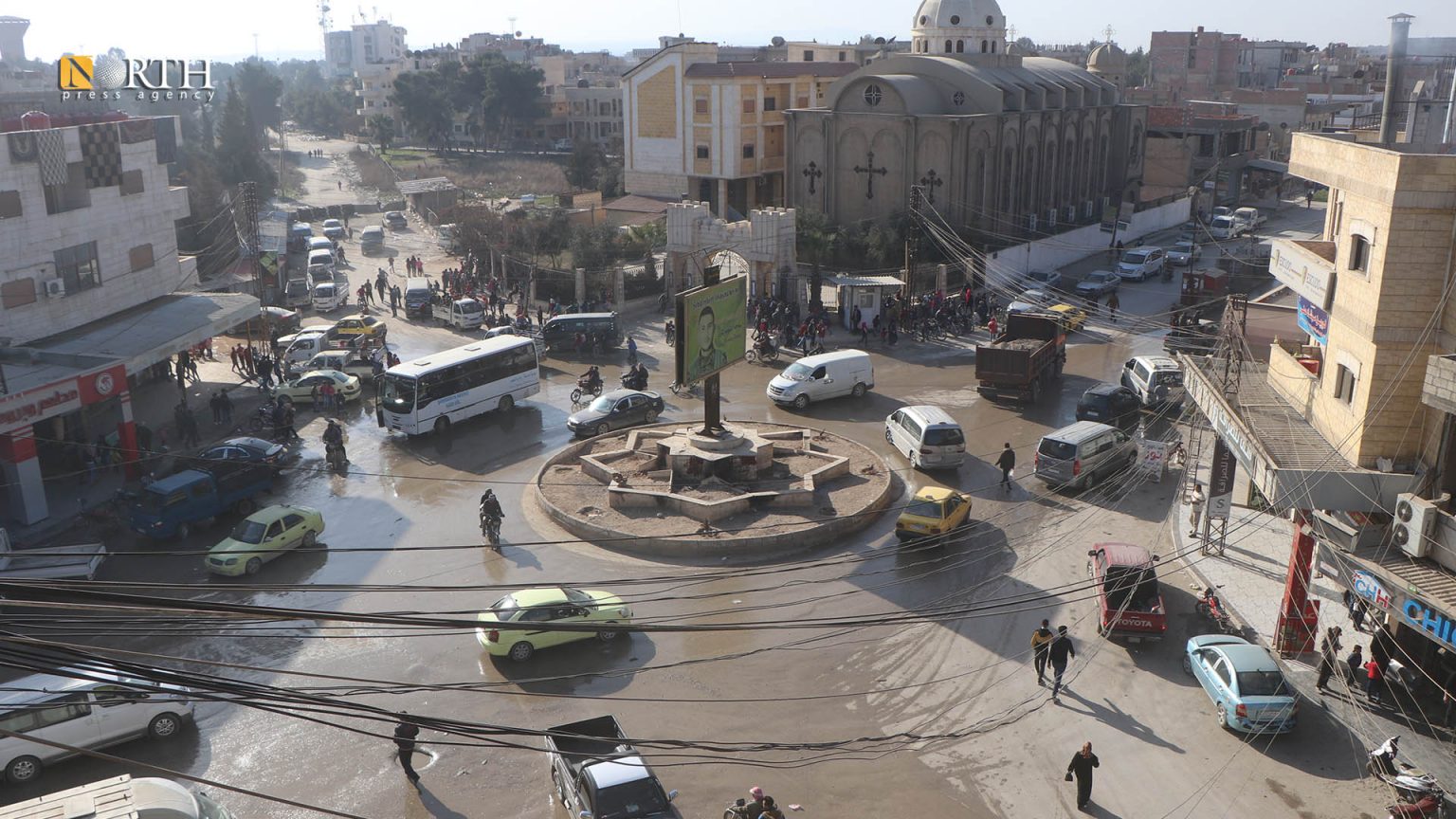Amendment of Syria’s AANES Social Contract: between need and preparation for local elections
HASAKAH, Syria (North Press) – The Autonomous Administration of North and East Syria (AANES) is currently working on the amendment of the Social Contract charter, in a proactive move to conduct local elections in all the areas it controls.
The Social Contract, which acts as northeast Syria’s constitution, is a set of theoretical and practical foundations, laws and organizational rules which are established to determine the relationship between the administration and the people, and to clarify the rights and duties of individuals and officials within society.
The AANES drafted the first Social Contract after the establishment of autonomous administrations in the Jazira region, Kobani, and Afrin in 2014. After that, it was modified to the AANES’s charter in 2018, when the AANES was announced.
At the time, seven autonomous and civil administrations were formed in those areas (Jazira, Afrin, Euphrates, Manbij and its countryside, Raqqa, Tabqa, Deir ez-Zor).
Regarding the need for this amendment, co-chair of the AANES Executive Council Amina Ossi told North Press that “the AANES was established under extremely sensitive circumstances which require considering what was written as the basis and try to uproot the faults of experience during the past years.”
On July 15, a meeting of the Social Contract Drafting Committee led to the formation of a mini committee, which will work for two months to prepare the draft.
The mini committee will present the draft of the Social Contract when it is completed to the expanded committee for its approval. Then, the expanded committee will submit it to the General Council for final approval, according to co-chair of the AANES’ General Council Farid Atti.
The expanded committee includes 160 members; of which 30 represent the AANES, 30 represent the political parties in northeast Syria, 20 represent unions and women’s organizations, 30 represent NGOs, 10 represent youth institutions and the others represent independent figures in the region.
Lawyer Muhammad al-Tayih said that the amendment is essential, because there are areas that did not participate in drafting the Social Contract as they were controlled by ISIS. After the liberation of these areas, they should participate in the form and re-drafting of the Social Contract, according to al-Tayih.
Recently, the AANES has been facing a number of criticisms, especially in terms of services, amid calls to provide for the basic needs of residents.
In mid-June, the AANES canceled Resolution 119 to raise fuel prices after popular reactions in the Autonomous Administration regions.
“There are political parties and cultural groups that should participate to bear the moral and political responsibility for the peoples of these areas,” al-Tayih, who participated in drafting the former Social Contract, added.
The AANES aspires, through the amendment of the Social Contract, to establish a base for holding local elections in all regions of northeast Syria, according to a former statement by AANES officials.
The new social contract will determine the form and structure of the AANES, as well as include an electoral commission which will supervise future elections.
In November 2020, the National Conference for the People of the Jazira and Euphrates, which was held by the Syrian Democratic Council, approved the holding of elections in northeast Syria within a period not exceeding a year, and restructuring the administrative system to ease bureaucracy.
It is not yet clear whether the elections will take place centrally, or whether each region will choose its administration through its own elections.
“The local elections are essential and will have the complete legitimacy derived from the Syrian people of AANES-held areas,” Ossi referred.
Participation in elections of the communes and local councils at the end of September 2017 reached 69%, she pointed out.
Officials of the Global Coalition to Defeat ISIS, representatives of Russian forces working in the region, and representative of Kurdish parties from the Kurdistan Regional Government in Iraq, and Turkey supervised the electoral process then.
“It is time for ballot boxes to determine once again a societal organization worthy of our people,” Ossi believed.

